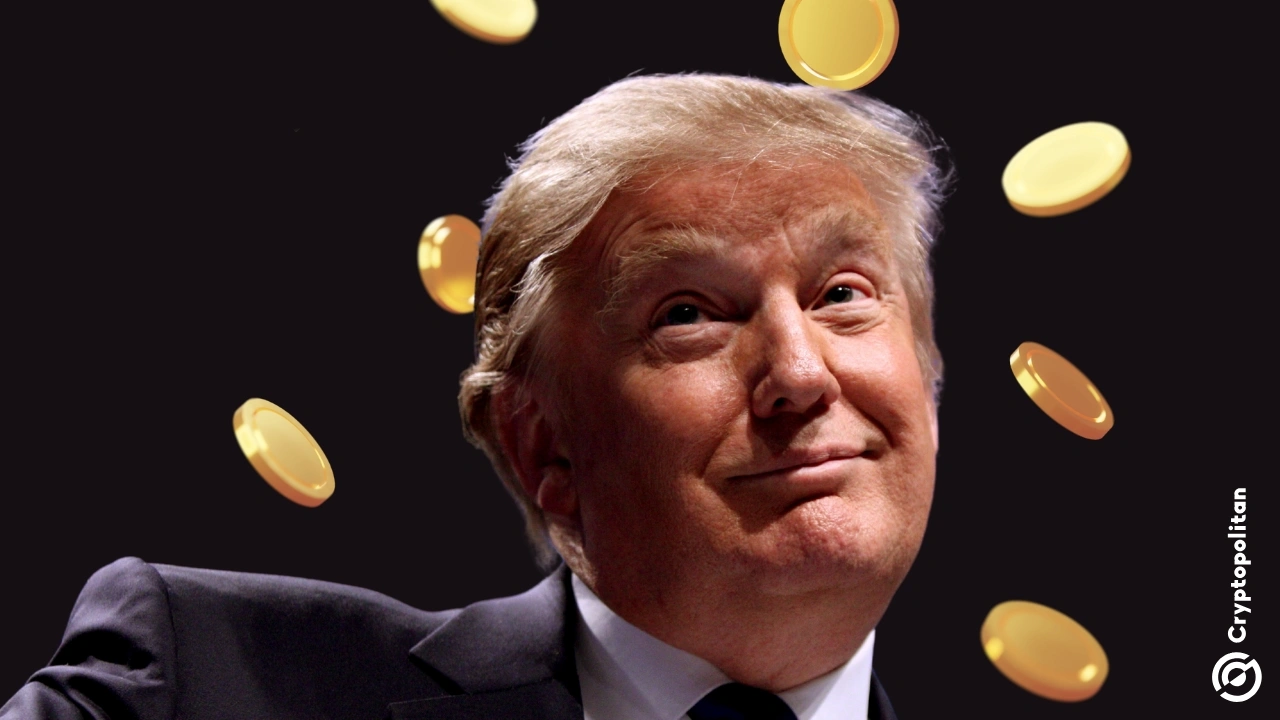Concerns Arise Over Crypto and Political Interests
Recent developments surrounding President Donald Trump’s dealings in the cryptocurrency space have ignited intense scrutiny. This follows the announcement that Trump Media and Technology Group invested a significant $2 billion in Bitcoin and related assets. The timing of this investment, shortly after the passage of the GENIUS Act, raises important ethical questions.
Timeline of Events
The GENIUS Act was signed into law by President Trump on July 18, 2025. This legislation aims to enhance the security of Bitcoin investments by requiring companies to have sufficient reserves in cash or short-term securities backing stablecoins. Just three days later, Trump Media publicly declared its Bitcoin purchase, casting doubt on the motives behind both the business decision and legislative actions.
Broader Implications of the GENIUS Act
The importance of the GENIUS Act extends beyond its immediate financial implications. By legislating guidelines for stablecoin operations, the Act aims to improve customer protection and ensure transparency in crypto transactions. It also explicitly prohibits federal officials, including the presidency, from endorsing cryptocurrencies while in office, seeking to promote ethical governance.
Critics Question Ethical Integrity
Many observers are voicing concerns that Trump’s public role and personal financial stakes overlap troublingly. Were the rapid legislative changes and investment disclosures strategically aligned to benefit Trump’s financial interests? Critics argue that this poses a serious ethical dilemma, as it blurs the lines between governing and personal gain.
Community Reactions to Crypto Moves
The community is divided in its response to these developments. Some view Trump’s crypto strategy as a necessary move towards financial autonomy, especially for businesses facing challenges from traditional banking systems. However, others fear that intertwining personal business interests with political power undermines public trust.
Trump Media’s Financial Context
Trump Media has faced substantial financial challenges since its inception, including losses from advertising and a dwindling user base on its platform, Truth Social. As the company shifts a portion of its reserves into Bitcoin, which is famously volatile, its future financial stability may be further jeopardized. Critics argue that this reliance on an unpredictable asset amplifies the risks associated with Trump’s business ventures.
Family Involvement in Crypto Ventures
Trump’s family members, including Donald Trump Jr. and Eric Trump, are also intertwined in the cryptocurrency realm through their management of World Liberty Financial. This company has formed partnerships with various international and controversial entities, leading to concerns about the conflicts of interest in their dealings. Critics suggest that these interconnected crypto activities represent a broader issue of using political power to benefit personal and familial wealth.
Conclusion: Navigating Ethical Boundaries
As the intersection of cryptocurrency and political power continues to develop, the implications for both personal ethics and public trust remain pressing issues. While the GENIUS Act may provide a framework for responsible investment in digital assets, the question persists: can governance be exercised without personal bias? The ongoing scrutiny of Trump’s financial disclosures and business activities underscores the critical need for transparency and ethical conduct in positions of power.


